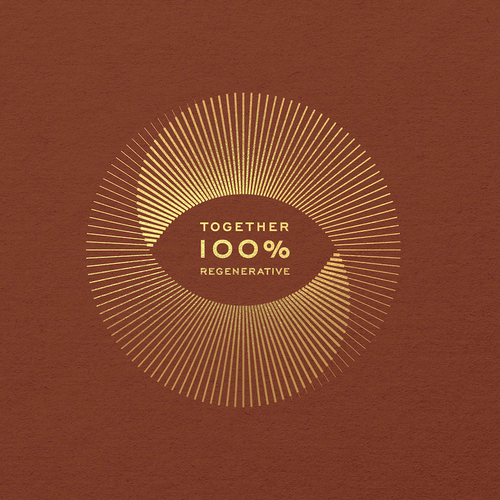Our brains are naturally drawn to sugar for its quick energy boost and mood-lifting effects, which historically served as a survival advantage. However, in today's world, the prevalence of highly processed and refined foods has turned this preference into a widespread health issue, with large food corporations profiting from our compromised well-being.
While sugar is often vilified, it's also an essential ingredient in chocolate production. To address this dilemma, we prioritize using unrefined cane sugar, which preserves the plant's nutrients and ensures a slower, more sustainable release into the bloodstream. Additionally, we opt for a higher percentage of cacao content compared to other competitors, resulting in a product with more cacao and less sugar.
Ultimately, premium cacao beans serve as a healthier alternative to sugar in our chocolate products.








